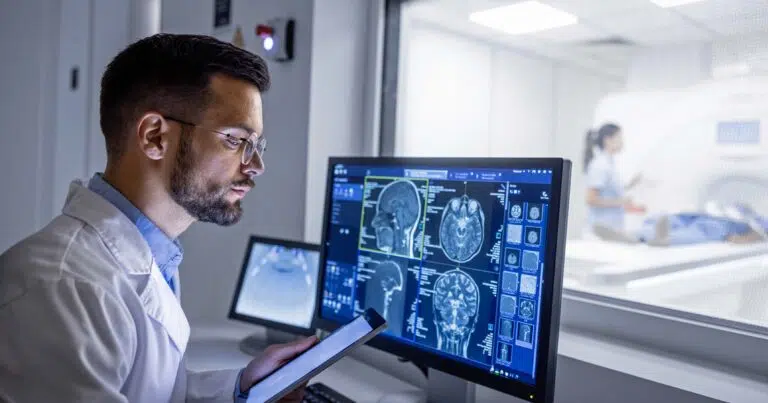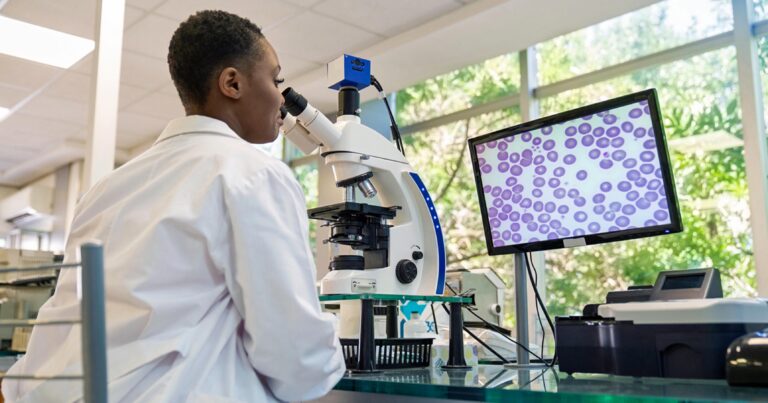Special Procedure Technician Career Guide
Looking for a different career guide?
Overview
Special Procedures Technicians, also known as Interventional Radiologic Technologists or Cardiovascular Technologists, are healthcare professionals specializing in performing minimally invasive procedures to diagnose and treat a variety of medical conditions. They work closely with radiologists, cardiologists, and other medical specialists to perform intricate procedures that typically involve guiding catheters, wires, and other medical instruments through blood vessels or
Education
Becoming a Special Procedures Technician typically requires completing an accredited educational program. These programs are often available as two-year associate's degrees or four-year bachelor's degrees in radiologic technology, cardiovascular technology, or a related field. Programs accredited by organizations like the Joint Review Committee on Education in Radiologic Technology (JRCERT) or the Commission on Accreditation of Allied Health Education Programs (CAAHEP)
Skills
Special Procedures Technicians need a diverse set of skills to excel in their role. They must have a strong understanding of medical imaging technology, including X-ray, fluoroscopy, and angiography systems. Proficiency in the safe operation and maintenance of this equipment is critical.
Interpersonal skills are vital when interacting with patients who may be anxious or in pain. Clear communication, empathy, and
Responsibilities
The responsibilities of Special Procedures Technicians revolve around assisting in a variety of minimally invasive procedures. They prepare patients for procedures, ensuring that they are comfortable and informed about the process. During procedures, technologists work closely with the medical team to operate imaging equipment, monitor patients' vital signs, and assist with catheterization and other medical interventions.
Maintaining patient records and ensuring
Salary Insights
The average salary for a Special Procedure Technician is $2,434.16 per week.
Last updated on December 15, 2024. Based on active jobs on Vivian.com.
Pros & Cons
A career as a Special Procedures Technician offers numerous advantages. Job prospects in this field are generally strong, given the increasing demand for minimally invasive procedures. The role allows professionals to work in a dynamic and collaborative healthcare environment, contributing to improved patient outcomes.
However, there are challenges to consider. The nature of the work may involve long hours and exposure
Some of the content on this page was enhanced using artificial intelligence.
Join over 1 million healthcare workers that are getting a head start with Vivian.
Join Vivian






